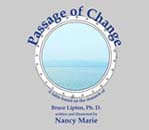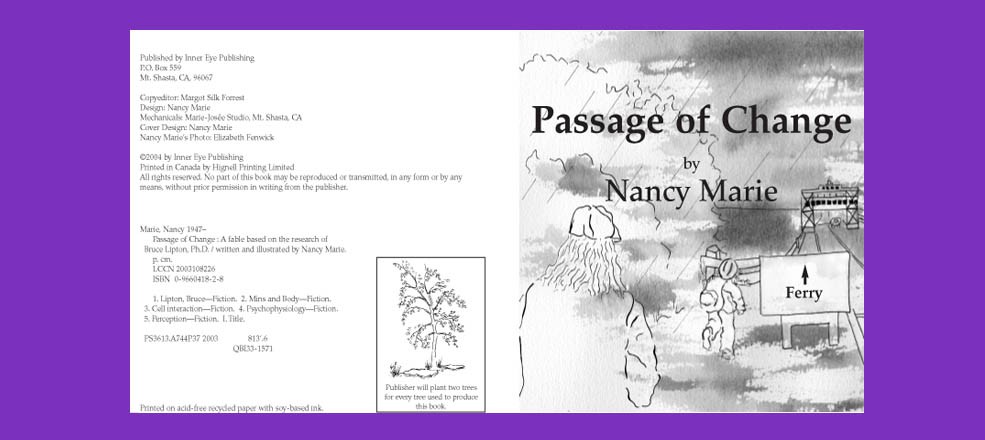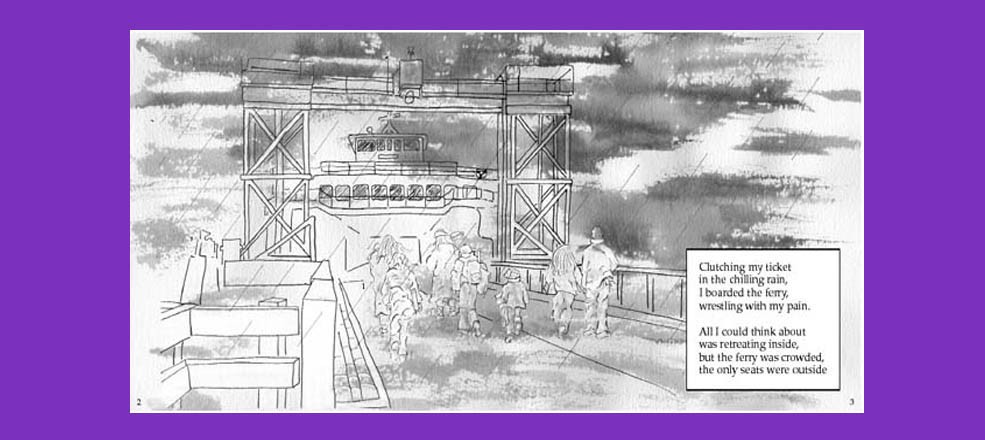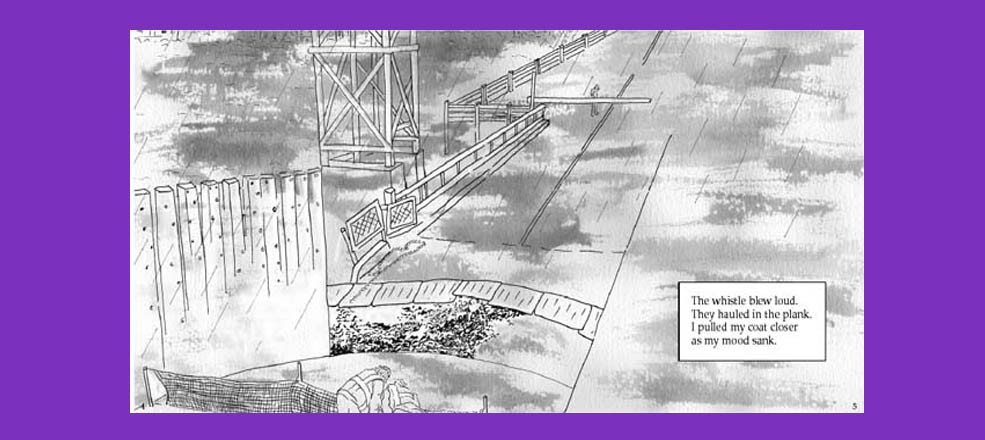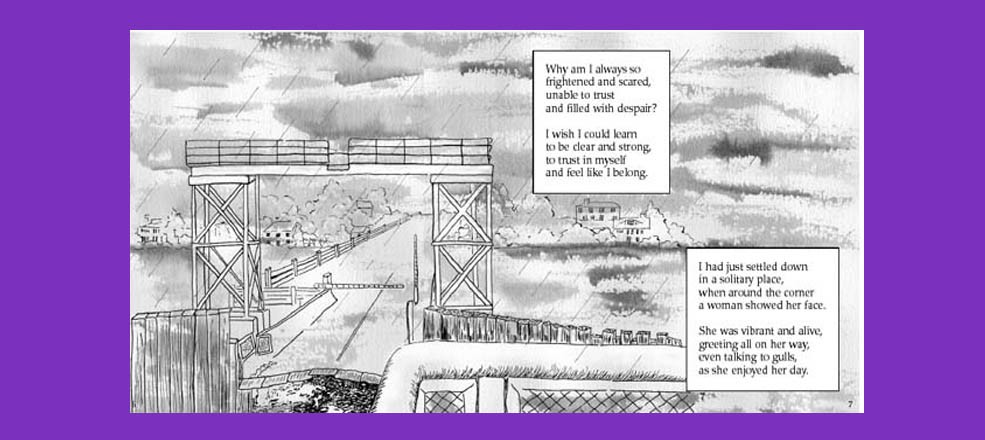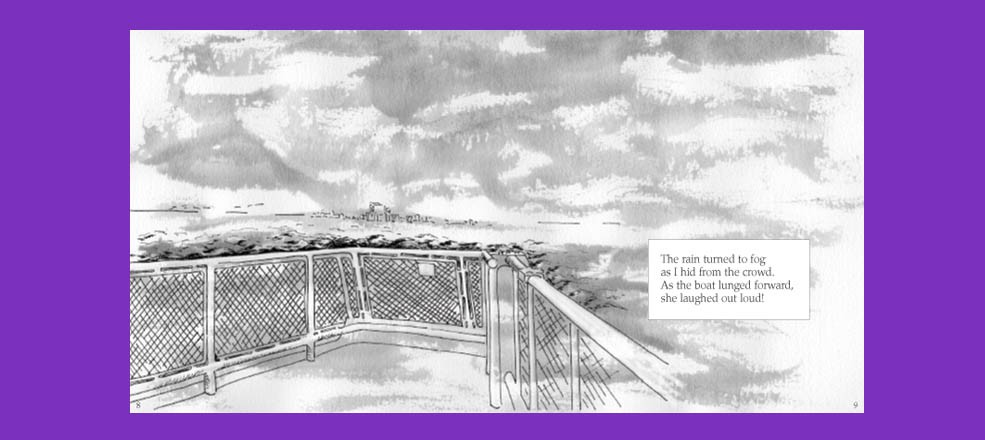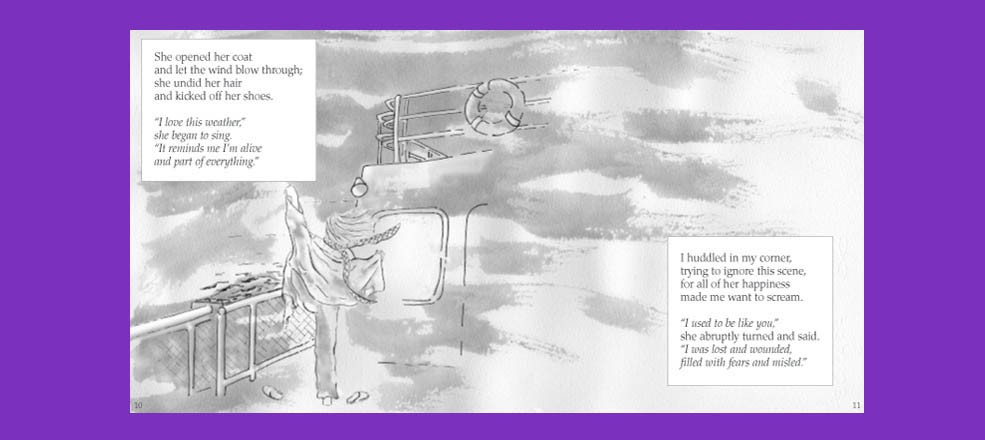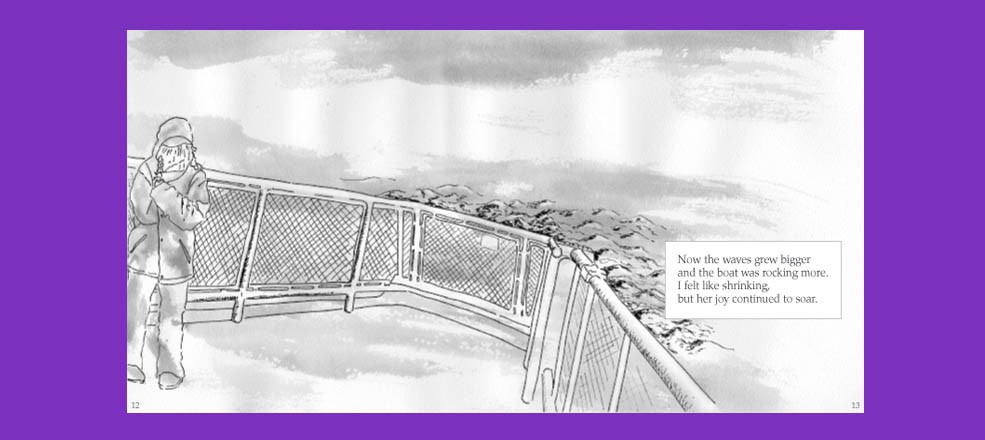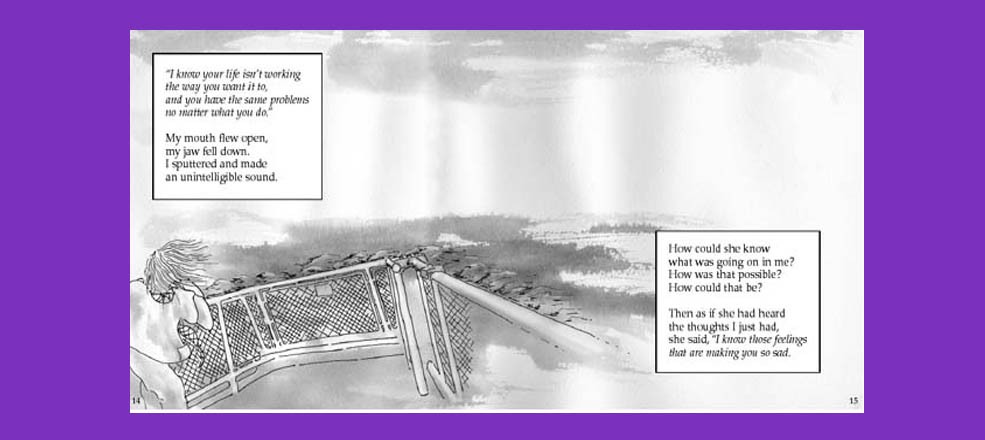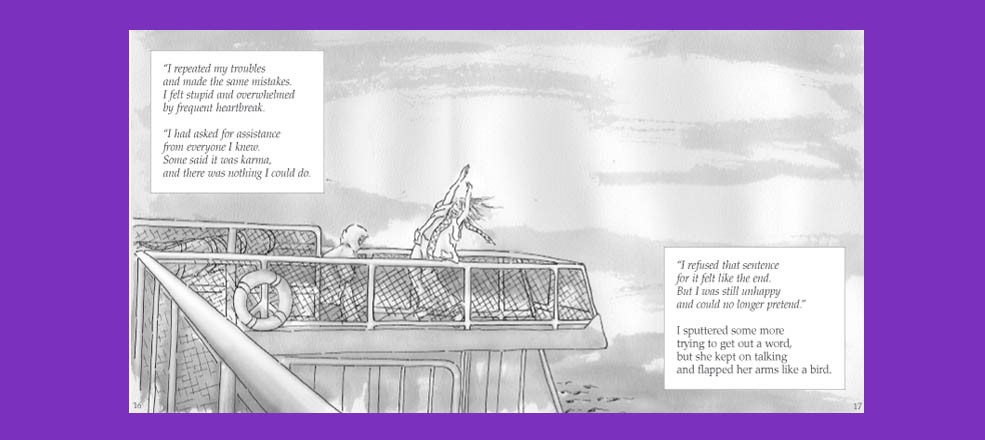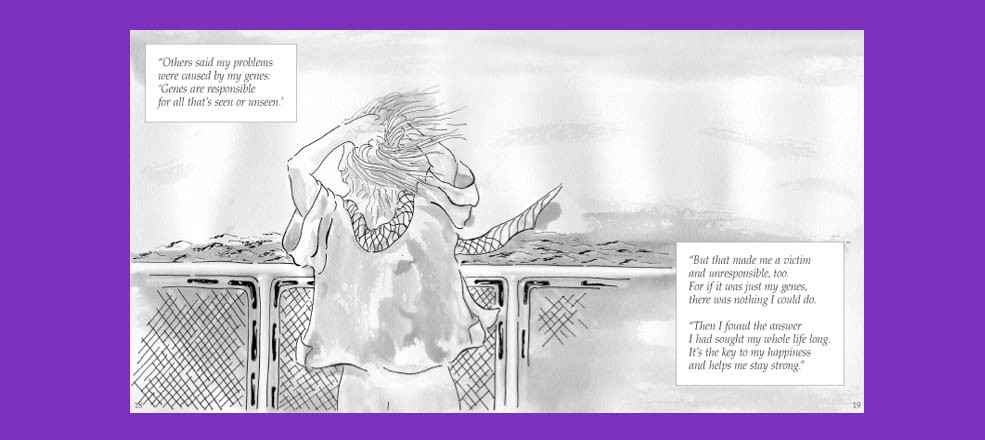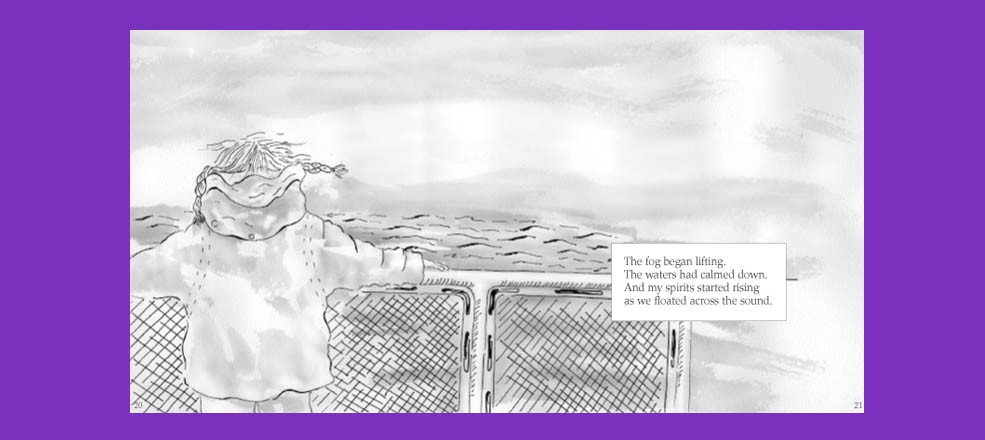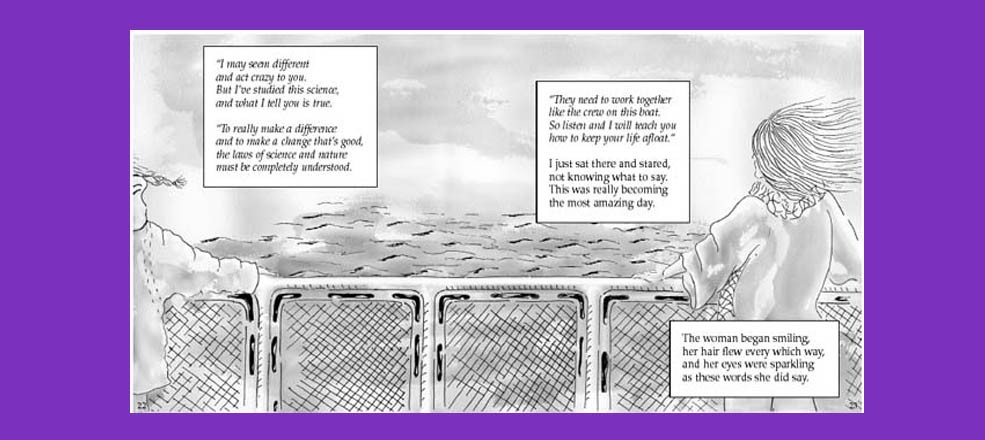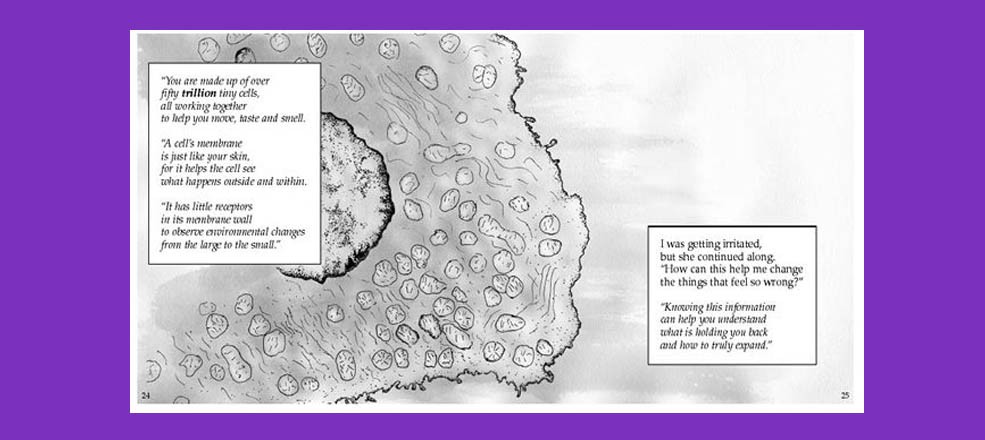Foreword
Earlier in my career as a research scientist and medical school professor, I actively supported the perspective that the human body was a “biochemical machine `programmed’ by its genes.” We scientists believed that human strengths, such as artistic or intellectual abilities, and weaknesses, such as cardiovascular disease, cancer or depression, were traits that had been preprogrammed into our genes. Hence, I perceived life’s attributes and deficits, as well as our health and our frailties, as merely a reflection of our heredity.
In 1980, however, my research began to reveal that this perspective on the nature of life was flawed. By 1985 I realized that rather than being controlled by our genes, our cells are controlled by their perception of the environment. I formulated a hypothesis that the “brain” of the cell was actually the cell membrane, and I was offered an opportunity to test this hypothesis as a research fellow at Stanford University’s School of Medicine in 1987. My theory on the control of our cells by our perceptions was substantiated in two major scientific publications. This pioneering research presaged one of today’s most active areas of investigation, epigenetics, the science of how genes are controlled by the environment and-more importantly-by our perception of that environment.
This new perspective on human biology does not view the body as just a mechanical device, but incorporates the role of mind and spirit. This breakthrough in the science of biology is fundamental to healing, for it shows us that when we change our perceptions or beliefs we send totally different messages to our cells. In effect, we reprogram them. This new biology reveals why people can have spontaneous remissions or recover from injuries thought to be permanent disabilities.
The body really represents the cooperative effort of a community of fifty trillion single cells. While every cell is an independent entity, the body’s community accommodates the wishes and intents of its “central voice”-the mind and spirit.
Our principle source of stress is our mind, which really consists of two separate “minds”-the conscious and the subconscious. The conscious mind is the thinking “you.” It is the creative mind that expresses free will. Its supporting partner is the subconscious mind, a database of programmed behaviors. Some “programs” are derived from genetics. However, the vast majority of our subconscious programs are acquired through the developmental learning experiences we have as children.
The subconscious mind is not the seat of reasoning or creative consciousness. It is strictly a stimulus-response device. When the subconscious mind perceives a signal from its environment, it reflexively responds by activating a previously stored behavioral response-no thinking required!
Our fundamental perceptions or beliefs about life were downloaded into our subconscious mind as we simply observed the behaviors and attitudes of our parents, siblings and peers during the first six years of our lives. Our adult mind’s effectiveness now is defined by the quality of the programs carried in our subconscious mind.
The insidious part is that our subconscious behaviors are programmed to engage without the control of, nor observation by, the conscious self. Since most of our behaviors are under the control of the subconscious mind, we rarely observe them, much less know that they are even engaged.
When we become more conscious and rely less on the automated programs in our subconscious, we become the masters of our fates rather than the “victims” of our programs. Using our conscious awareness we can actively transform our lives by rewriting our limiting perceptions and beliefs as well as our self-sabotaging behaviors.
Nancy Marie has presented this new scientific awareness in such a simple and whimsical manner that she engages the reader’s whole brain, thus creating a pathway in support of new conscious awareness and change. Once that understanding is present you can begin to view life from a new perspective and actively change your old beliefs. As Nancy so eloquently puts it, “Now, beliefs don’t just vanish with a single wish or prayer. You need to consciously remove those old beliefs in there…Change can happen quickly or it can take lots of time, but eventually your sense of self you will completely redefine.”
Bruce Lipton, Ph.D.
Santa Cruz, California
July 15, 2003

